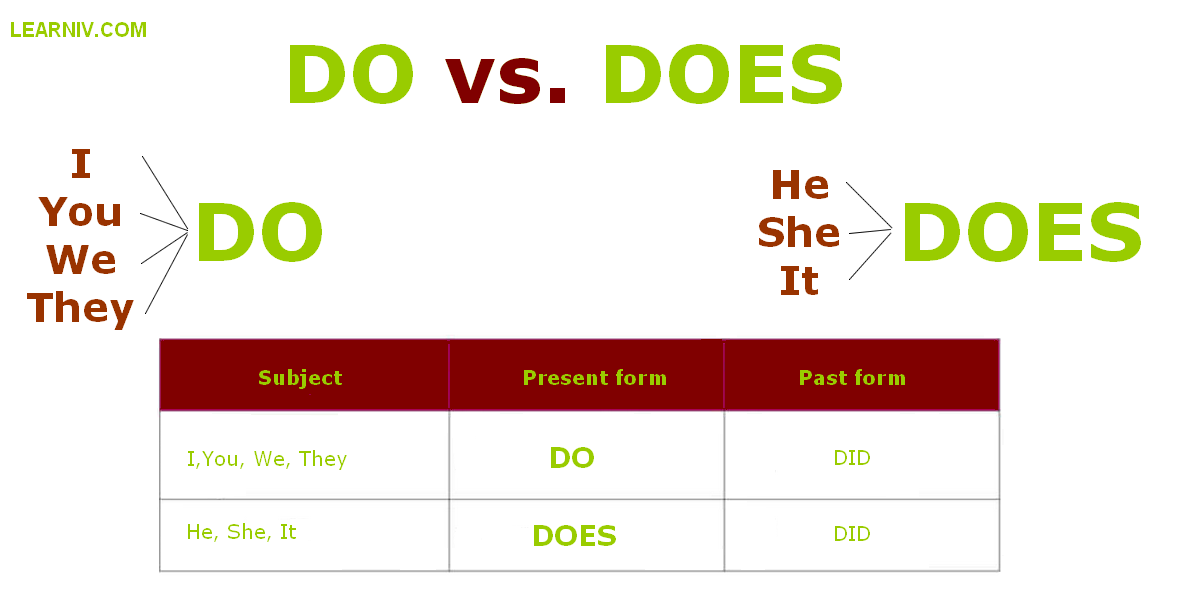Understanding and Navigating Work Politics: Strategies for a Healthier Workplace
Introduction: What Are Work Politics?
Work politics, often referred to as workplace politics or organizational politics , encompass the informal, often subtle, activities and behaviors that individuals use to gain power, influence decisions, or advance their professional interests within an organization. These maneuvers may involve networking, forming alliances, managing perceptions, or even manipulating information and relationships. While work politics can be both positive and negative, their impact is deeply felt in nearly every workplace environment, shaping opportunities, resource allocation, and even morale. [1] [5]

Source: dollarsprout.com
Types and Examples of Work Politics
Work politics manifest in a wide range of behaviors and strategies. Understanding these can help you identify and respond appropriately in your workplace.
1. Building Alliances and Coalitions
Forming strategic relationships is a common aspect of work politics. Employees or managers may build alliances to support their ideas, secure resources, or influence decisions. For example, a department head might collaborate with leaders from other teams to champion a new initiative, ensuring it gets the attention and support it needs. [1] [3] Such coalitions can help drive positive change but may also create exclusive circles that leave others out.
2. Gaining Favor and Influence
Some individuals use work politics to gain favor with influential members of the organization. This might involve complimenting supervisors, volunteering for high-visibility projects, or aligning with management’s views during meetings. These actions can lead to promotions or other advantages but may undermine team cohesion if perceived as insincere or manipulative. [1] [5]

Source: jooinn.com
3. Negative Politics: Sabotage and Undermining
Work politics can take a darker turn. Negative behaviors include spreading rumors, withholding information, taking credit for others’ work, or even sabotaging colleagues. [4] For example, a coworker might downplay your achievements or exclude you from important meetings to diminish your influence. These actions harm trust and collaboration and can create a toxic work environment.
4. Information Management and Perception Control
Controlling the flow of information is a subtle but powerful political tactic. Colleagues may selectively share or withhold information to influence outcomes or shape how others are perceived. For instance, presenting project results in a way that highlights personal contributions while minimizing others’ roles manipulates perceptions for personal gain. [3]
5. Resource Competition
Securing limited resources-such as budgets, staff, or office space-can drive political maneuvering. Individuals may lobby for more resources for their team, sometimes at the expense of others, leading to internal conflicts. [4]
Why Do Work Politics Exist?
Work politics arise from the competitive nature of organizations, where individuals and groups seek to maximize their influence, recognition, and access to resources. Several motives include:
- Ambition and Career Advancement: Employees use political tactics to secure promotions or favorable assignments. [4]
- Self-Preservation: Some use politics defensively to protect their position or reputation, especially during restructuring or times of uncertainty.
- Jealousy and Insecurity: Feelings of rivalry or threat can fuel negative political behaviors, including gossip or undermining others. [4]
- Fear of Change: Resistance to new initiatives or processes often manifests as behind-the-scenes maneuvering. [4]
Positive and Negative Sides of Work Politics
While work politics often carry a negative connotation, not all political behaviors are harmful. Understanding the difference is crucial for both employees and leaders.
Positive Politics
When used ethically, political skills-such as networking, effective communication, and consensus building-can benefit both individuals and the organization. Examples include publicizing team achievements, volunteering for challenging projects, or mentoring others. [2]
Negative Politics
Negative behaviors, on the other hand, serve personal interests at the expense of others or the organization. These include spreading rumors, excluding colleagues, or manipulating decisions for personal gain. Such behaviors erode trust and damage organizational culture. [2]
How to Navigate Work Politics
Managing work politics requires awareness, strategy, and resilience. Here are actionable steps you can take:
1. Build Genuine Relationships
Invest in authentic connections with colleagues at all levels. Take time to understand their interests, communicate openly, and support their goals. Genuine networking helps you build trust and gather informal information, which can be invaluable for navigating complex dynamics. [5]
2. Maintain Integrity and Professionalism
Hold yourself to high ethical standards. Avoid engaging in gossip, rumor spreading, or exclusionary behaviors. Instead, focus on delivering value, being transparent, and giving credit where due. These practices bolster your reputation and make you a trusted team member.
3. Stay Informed and Observant
Pay attention to the formal and informal power structures in your organization. Observe how decisions are made, who holds influence, and what unwritten rules exist. Being informed helps you anticipate changes and respond proactively.
4. Communicate Strategically
Clearly articulate your ideas and accomplishments without appearing boastful. Use evidence to support your arguments and seek feedback regularly. Effective communication helps you promote your work while fostering collaboration.
5. Focus on Solutions and Team Goals
When facing political challenges, redirect conversations to shared objectives. Aim to build consensus, mediate conflicts, and help others succeed. This approach demonstrates leadership and can reduce the negative impact of politics on the team.
Potential Challenges and Solutions
Work politics can present significant challenges, including:
- Stress and Anxiety: Navigating complex relationships may be emotionally taxing. Consider seeking mentorship or support from trusted colleagues or professional networks.
- Unfair Treatment: If you experience discrimination or unethical behavior, document incidents and consider discussing them with HR or your manager. Use official channels for formal complaints if necessary.
- Career Stagnation: Feeling sidelined by office politics is common. Focus on continuous skill development and seek assignments that align with your goals. If internal opportunities are limited, consider exploring roles in other departments or organizations.
Alternative Approaches and Best Practices
Not all organizations have the same political climate. In some workplaces, open communication and transparency are highly valued, limiting negative politics. In others, hierarchical structures may encourage more political maneuvering. Adapting your approach to fit your environment is critical. For example:
- In collaborative cultures, prioritize teamwork and shared achievements.
- In highly competitive settings, focus on building alliances while maintaining ethical boundaries.
Leaders can help foster a healthier environment by promoting transparency, rewarding collaboration, and addressing negative political behaviors promptly. If you’re a manager, consider offering training on conflict resolution, communication, and ethical conduct to reduce the impact of politics in your team. [1]
Practical Steps to Access Resources and Support
If you are seeking support or guidance on workplace politics, you have several options:
- Contact your organization’s Human Resources (HR) department for advice on navigating difficult situations or reporting unethical behavior.
- Seek out mentoring or professional development programs that address organizational dynamics. Many companies offer internal workshops or access to external training platforms.
- If you are experiencing severe issues, such as harassment or discrimination, consult your HR policy manual or employee handbook for the appropriate reporting procedures. You may also consider reaching out to professional organizations, such as the Society for Human Resource Management (SHRM), for additional resources and support. Search for “SHRM workplace politics guidance” for current articles and toolkits.
- Consider using professional networking sites like LinkedIn to connect with peers, join relevant discussion groups, and seek advice on challenging situations.
Key Takeaways
Work politics are an inherent part of organizational life, shaping how decisions are made and careers are built. By understanding the motives, strategies, and potential consequences, you can navigate these dynamics more effectively. Focus on building genuine relationships, maintaining integrity, and seeking support when needed. While you may not eliminate politics entirely, you can minimize their negative impact and use positive political skills to support your own growth and that of your organization.
References
- [1] AIHR (2025). Organizational politics: Definition, types & examples.
- [2] Wikipedia (2024). Workplace politics: Overview and implications.
- [3] YouTube – Office Politics: What is it? (2024). Business School 101.
- [4] Intelligent People (2024). Office Politics: How to handle it.
- [5] Indeed (2025). How to navigate workplace politics.



